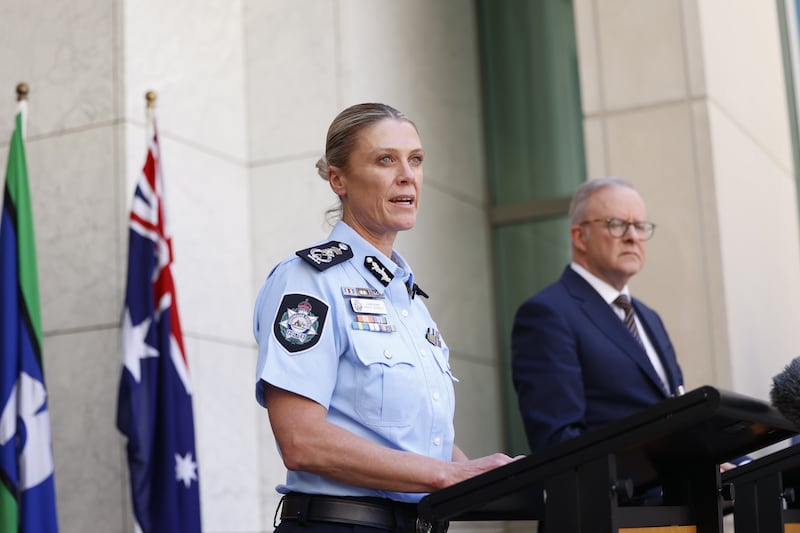Three decades ago, on April 7th 1994, the genocide and State-sponsored extermination of Rwanda’s minority Tutsi minority began. The country was gripped by a wave of unprecedented violence that lasted 100 days and resulted in the deaths of 500,000 men, women and children.
“Here you had neighbours killing neighbours, priests killing parishioners, doctors killing patients, teachers killing students,” recalls New Yorker staff writer Philip Gourevitch, interviewed on today’s In The News podcast.
And while reports and images of these horrific atrocities filled newspapers around the world, the international community just stood by and watched.
“Everybody had pulled out and left them, other African countries had betrayed them, no one had come to their defence,” says Gourevitch, whose harrowing account of the genocide We Wish to Inform You That Tomorrow We Will Be Killed With Our Families was published in 1998. “The lesson of the Rwandan story at that moment in time, in a global sense, was the people who depend on the world for their protection are unprotected.”
READ MORE
Following the Rwandan genocide, and the Srebrenica massacre a year later, world leaders pledged never again to stand by and allow such atrocities to unfold. And yet, in the three decades since, millions of citizens have been murdered or starved in conflicts across Africa and the Middle East.
Presented by Sorcha Pollak. Produced by John Casey.


























